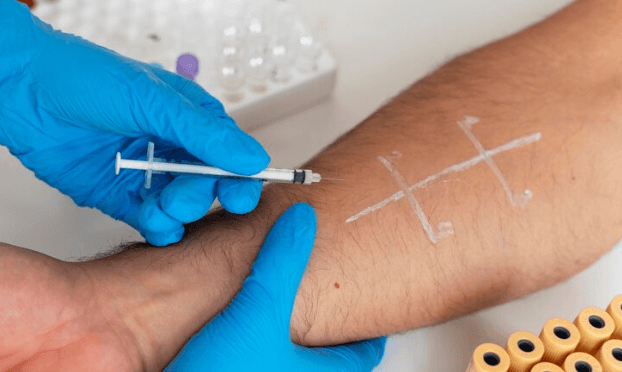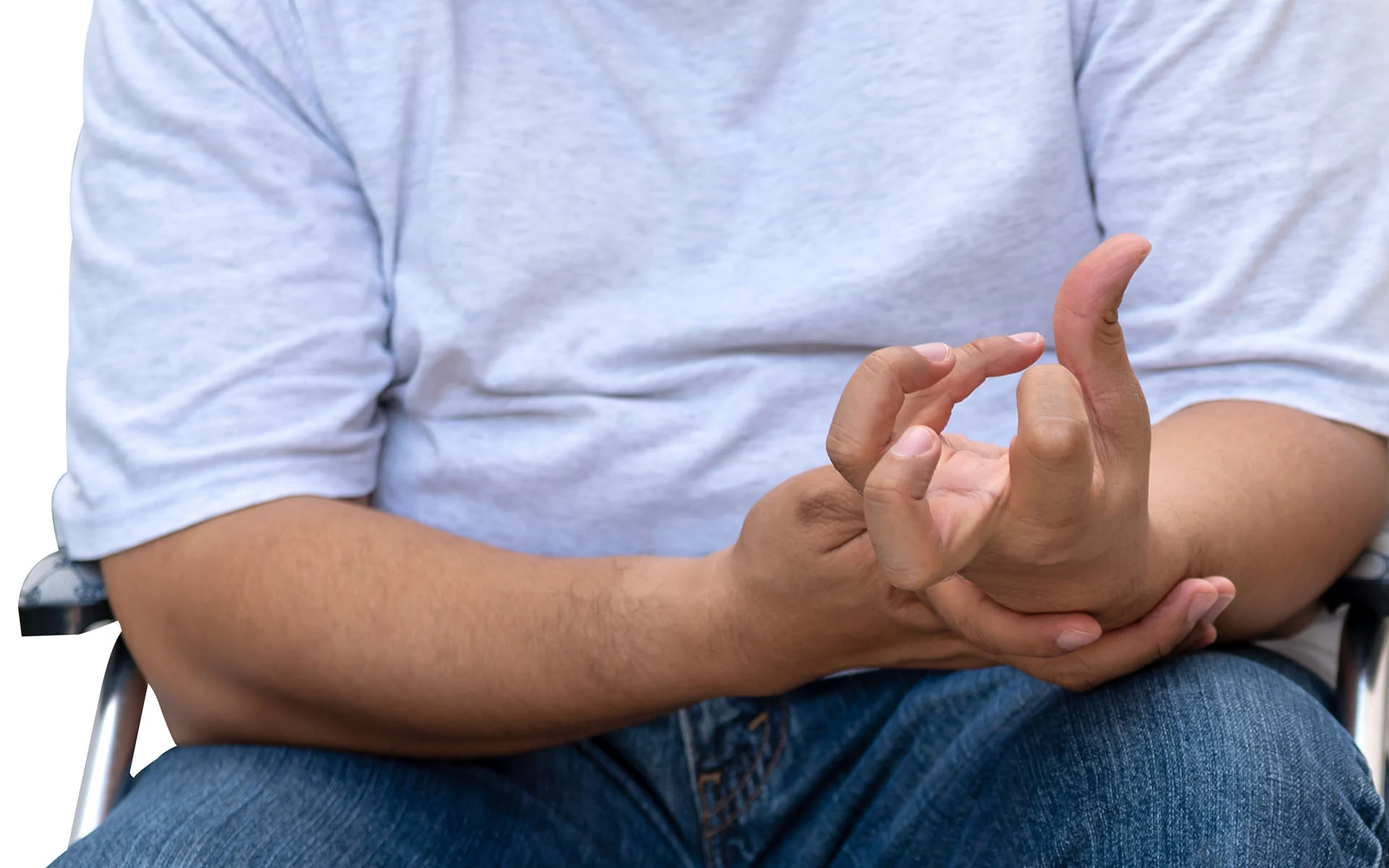How to Prepare for a Malaria Test: A Step-by-Step Guide

If you’re feeling under the weather with symptoms like fever, chills, headaches, or muscle pain, it’s crucial to rule out malaria. Malaria is a mosquito-borne disease that can escalate quickly if left untreated. Getting a malaria test is a straightforward process that ensures accurate diagnosis and timely treatment. In this step-by-step guide, we’ll walk you through how to prepare for a malaria test so you can feel confident and ready.
What Is a Malaria Test?
A malaria test helps identify the presence of Plasmodium parasites in the blood. These tests typically include a blood smear or a rapid diagnostic test (RDT). While the process is simple, proper preparation can make a significant difference in getting accurate results.
Why Preparing for a Malaria Test Is Important
Many people assume they can walk into a lab and take the test without preparation. While this is partially true, taking a few preparatory steps ensures the accuracy of the results. For example, fasting might be necessary depending on the test type. Additionally, being well-informed about the procedure can reduce anxiety.
Step 1: Choose the Right Testing Facility
In a city as vast as Delhi, finding a reliable lab is key. Look for NABL-accredited diagnostic centers known for their precision and hygiene standards. If you’re unsure where to go, search online for reviews or ask your doctor for recommendations. Redcliffe Labs and Dr. Lal PathLabs are some popular options offering malaria tests in Delhi with quick results.
Step 2: Understand the Testing Requirements
Before heading for the test, it’s important to know if the lab has any specific instructions. While most malaria tests don’t require fasting, some labs might request you to avoid certain medications that could interfere with results. For instance, antimalarial drugs or antibiotics taken recently might mask the presence of parasites in your blood.
Pro tip: Call the lab ahead of time to confirm their requirements.
Step 3: Gather Your Documents
When going for a malaria test, ensure you carry:
- A valid photo ID
- Doctor’s prescription (if applicable)
- Previous medical reports (if needed for comparison)
In Delhi, many labs also offer home sample collection services, which is especially helpful if you’re unwell. If you opt for this service, make sure your address and contact details are correctly shared with the lab.
Step 4: Stay Hydrated
Drinking water before a blood test can make the process smoother. Being hydrated helps your veins become more visible, which makes it easier for the lab technician to collect the blood sample. However, avoid caffeinated or sugary beverages as they might affect the test results.
Step 5: Relax and Be Calm
For many, the thought of needles can be nerve-wracking. Try to relax before the test to ensure a smooth experience. Deep breathing exercises or chatting with the lab staff can help ease the tension.
Real-life tip: When I went for a malaria test in Delhi last year, I was anxious about the process. The technician explained each step and reassured me, which helped calm my nerves.
Step 6: Post-Test Precautions
Once the blood sample is collected, the lab will process the results, which typically take 24-48 hours. Some rapid tests provide results within an hour. Make sure to follow up with your doctor promptly after receiving the report.
In case the test confirms malaria, don’t panic. Malaria is treatable, especially if detected early. Your doctor will prescribe medications based on the type and severity of the infection.
Final Thoughts
Preparing for a malaria test isn’t complicated but taking the right steps can ensure a hassle-free experience. By choosing a reputable lab, staying informed, and keeping calm, you’ll get the accurate results you need for proper treatment.
Remember, your health is your responsibility. If you suspect malaria, act quickly and consult a healthcare provider. And for those in Delhi, numerous trusted labs make testing accessible and convenient.
Stay safe, and don’t hesitate to share your testing experience—it might just help someone else prepare better!










